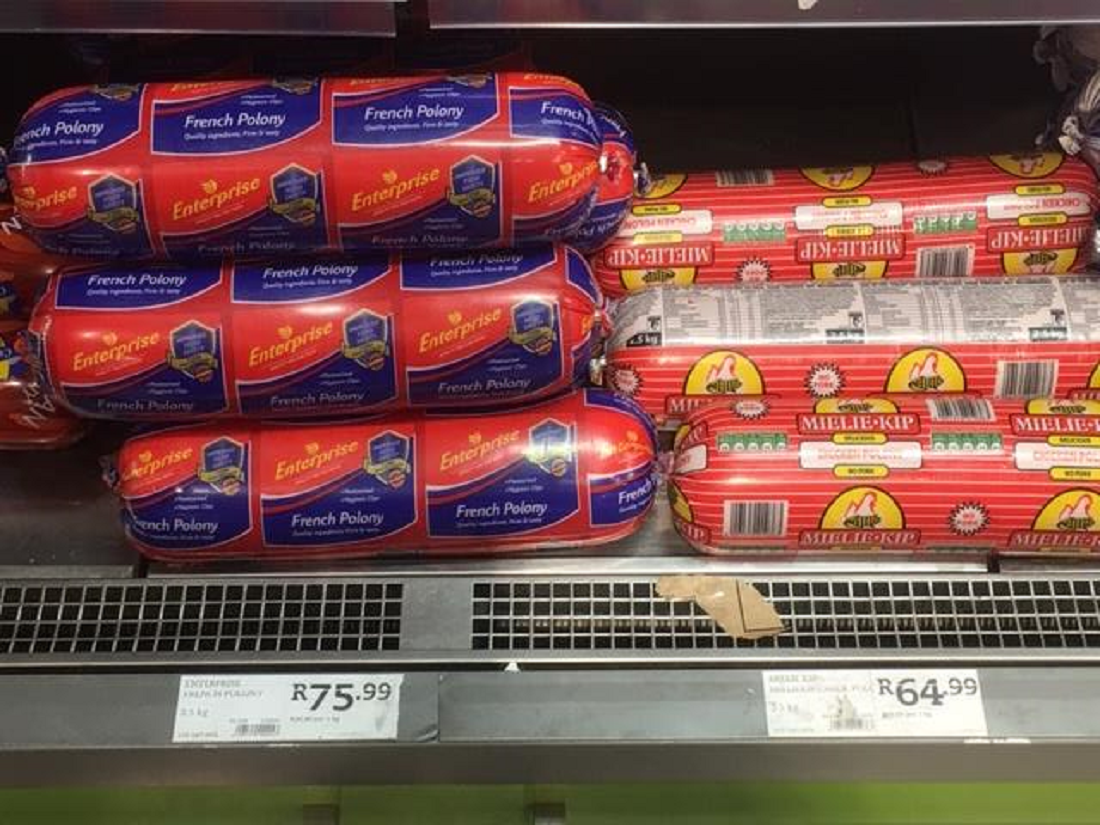A court in South Africa has overturned a previous decision to make companies divulge information in relation to a deadly Listeria outbreak in 2017 and 2018.
The Supreme Court of Appeal ruling reverses a Gauteng High Court verdict on whether subpoenas issued against third parties were relevant to the class-action. Tiger Brands is facing a class-action following an outbreak of listeriosis between January 2017 and September 2018 that sickened more than 1,050 people, killing 218.
 People contracted Listeria monocytogenes infections after eating contaminated ready-to-eat meat products, such as polony, made at a factory in Polokwane by Enterprise Foods between October 2016 and March 2018. At the time Enterprise Foods was owned by Tiger Brands.
People contracted Listeria monocytogenes infections after eating contaminated ready-to-eat meat products, such as polony, made at a factory in Polokwane by Enterprise Foods between October 2016 and March 2018. At the time Enterprise Foods was owned by Tiger Brands.
The Supreme Court of Appeal judgment paves the way for the next step in the legal process.
Tiger Brands subpoenaed other meat producers and laboratories to see if, during the period that they are accused of distributing contaminated food, others might have done so as well. This might have diluted the harm for which they may be liable.
Class action proceedings were filed against Tiger Brands by Richard Spoor Attorneys to get compensation for victims. Richard Spoor Attorneys is representing people affected by the outbreak and Marler Clark LLC of Seattle is serving as a consultant. The first stage will determine whether Tiger Brands is liable while a second case would determine damages.
Relevance to class action
Richard Spoor said in the past 18 months the case has stalled while Tiger Brands “engaged in a fishing expedition.”
“Tiger’s strategy of delay and blame sharing has cost the victims dearly, many, including infants with severe brain injuries, who require medical care and counseling to cope with their loss or disability have been denied it and have endured great hardship as a result,” he said.
Spoor added he hoped the judgment would serve as a wake-up call for the company.
The National Institute for Communicable Diseases (NICD) investigation focused on Listeria monocytogenes sequence type (ST6) when it was found that results from clinical tests matched those from the Polokwane facility. In April 2018, Tiger Brands revealed it had received independent lab tests which detected ST6 in samples of ready-to-eat meat products from the factory.
Subpoenas were issued against 11 parties including Deltamune and Aspirata, which are commercial testing laboratories. As well as firms including Federated Meats, Curly Wee Boerdery, Ibis Piggery, Molare Investments and Winelands Pork that supplied raw meat products to Tiger Brands.
 Tiger Brands had already amended them by reducing the number of documents requested but the other parties still objected to the demand. Such documents may have helped the firm argue it was not the only one responsible for the outbreak.
Tiger Brands had already amended them by reducing the number of documents requested but the other parties still objected to the demand. Such documents may have helped the firm argue it was not the only one responsible for the outbreak.
The court ruled that Tiger Brands’ argument to investigate whether it was the sole source of the outbreak was not relevant to the class-action as claimants are only seeking to hold it responsible for harm. It added the demand for documents was “speculative” and seemed to be based on the hope it would find a basis for co-liability with another party.
A Tiger Brands statement said the outbreak had affected many South Africans.
“We are saddened by the impact it has had on the lives of the victims and those who have lost loved ones from the outbreak. Tiger Brands reiterates its commitment to ensure that a resolution of the matter is reached in the shortest possible time, in the interest of all parties, particularly the victims of listeriosis.”
(To sign up for a free subscription to Food Safety News, click here.)

